Lee A. Spielmann
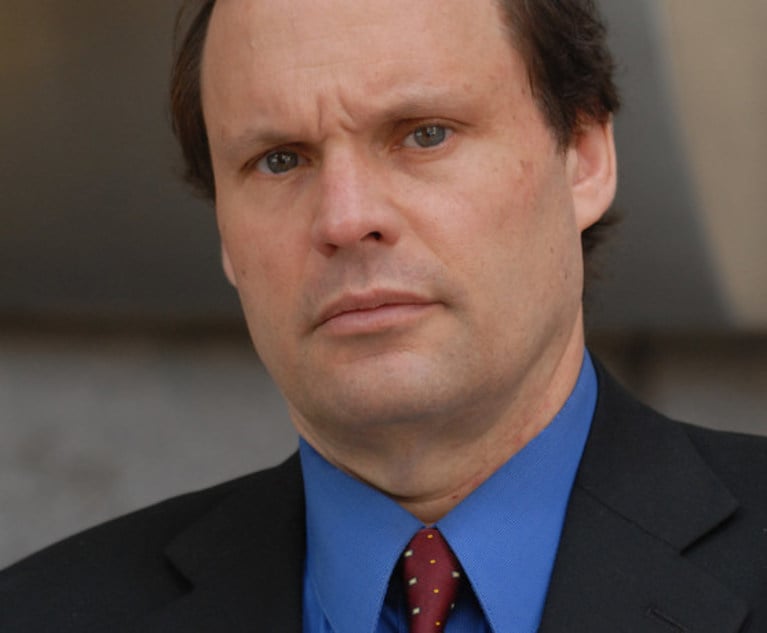
December 16, 2024 | New York Law Journal
Memorable Concurrences of the 20th CenturyWhile Supreme Court concurrences have not received the scholarly focus comparable to that given to dissenting opinions, they merit equal attention.
By Lee A. Spielmann
11 minute read

July 17, 2024 | New York Law Journal
D.C. Circuit Rulings Shed Light on FSIA Expropriation Exception IssuesIn recent years, a number of cases have sought compensation from Germany or Hungary for property the Nazis or their allies seized. Plaintiffs relied upon the "expropriation exception" of the Foreign Sovereign Immunities Act (FSIA) to secure jurisdiction over the foreign sovereign. The authors discuss two such cases, 'Toren v. Federal Republic of Germany' and' Republic of Hungary v. Simon.'
By Lee A. Spielmann
10 minute read
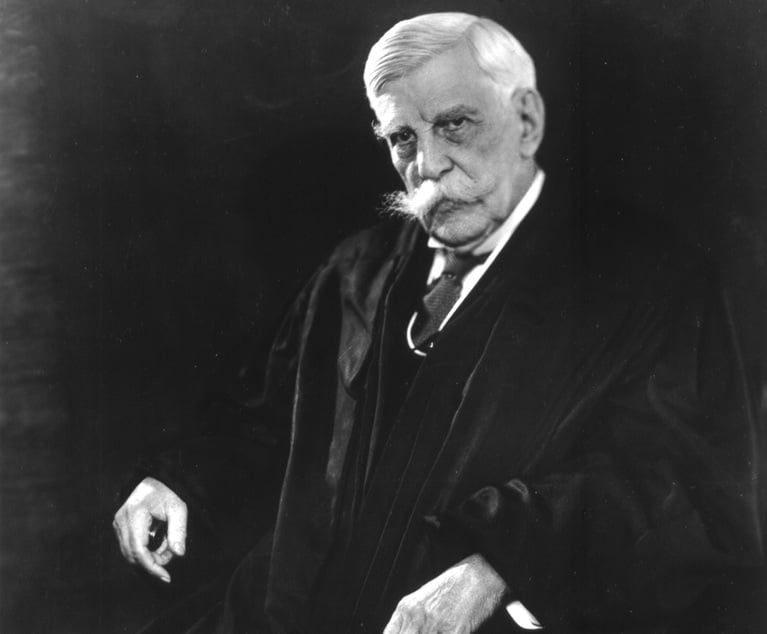
December 14, 2023 | New York Law Journal
Memorable Dissents of the 20th CenturySupreme Court decisions of far-reaching consequences have often been accompanied by impassioned dissents. This article highlights some of the more notable ones.
By Lee A. Spielmann
11 minute read
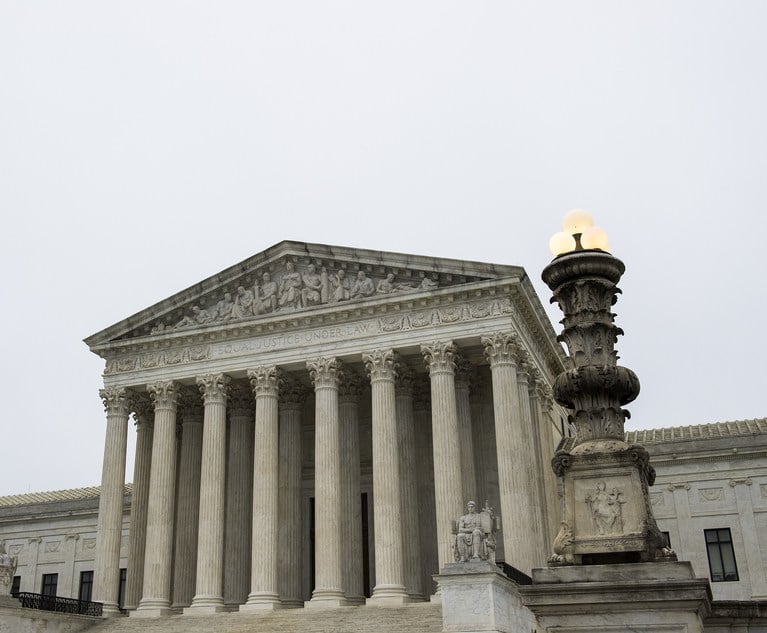
November 28, 2022 | New York Law Journal
'Skinner v. Oklahoma' RevisitedDespite this passage of time, this seminal 1942 case retains a practical and symbolic importance worth recalling and revisiting.
By Lee A. Spielmann
10 minute read

September 22, 2021 | New York Law Journal
Seventh Circuit FSIA Ruling May Open Wider DoorsA discussion of 'Scalin v. Société Nationale,' a suit against the French national railways which the author writes "opens a window to a larger and too-often neglected historical issue"—the role the railroad systems played in the destruction of Europe's Jews during the Holocaust.
By Lee A. Spielmann
9 minute read

July 14, 2021 | New York Law Journal
'FRG v. Philipp' and the FSIA: The U.S. Supreme Court Misapprehends the HolocaustThe U.S. Supreme Court in 'Federal Republic of Germany v. Philipp' recently held that the 1935 sale of various cultural artifacts by their Jewish owners to the Nazi regime was insufficient to overcome Germany's presumptive immunity against suit under the Foreign Sovereign Immunities Act. A central flaw in its analysis implicates the decision's soundness.
By Lee A. Spielmann
10 minute read

April 23, 2021 | New York Law Journal
The Standing Doctrine and Environmental Law: Revisiting 'Sierra Club v. Morton'Regardless of the political landscape, the natural world continues to face threats from a growing population and demands for economic growth. One potent prophylactic measure would expand the doctrine of "standing" to broaden the range of plaintiffs who could litigate to preserve threatened lands.
By Lee A. Spielmann
10 minute read
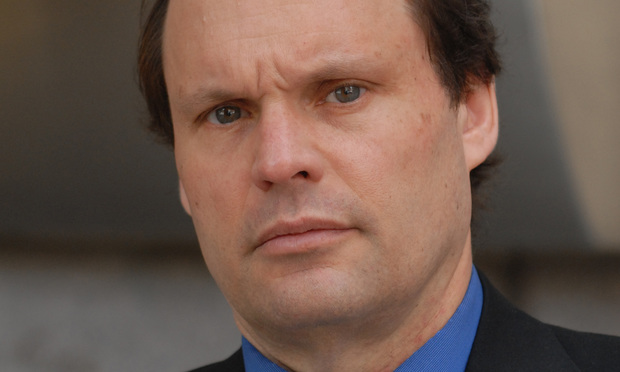
December 02, 2020 | New York Law Journal
Assessing America's Extradition of Nazi CriminalsWith the prosecution of accused Nazi criminals having essentially ended, evaluating the significance of these proceedings becomes appropriate. A comparison between the Ryan and Demjanjuk extradition decisions is particularly illuminating.
By Lee A. Spielmann
9 minute read

July 13, 2020 | New York Law Journal
Revisiting Justice Stevens' Dissent in 'Fedorenko v. U.S.'Justice John Paul Stevens, who would have turned 100 in April, passed away one year ago this July. His 2019 autobiography discussed his position in many of his cases. One case not mentioned was 'Fedorenko v. United States.' The decision's significance and concomitant symbolism warrant revisiting Stevens' dissent.
By Lee A. Spielmann
9 minute read
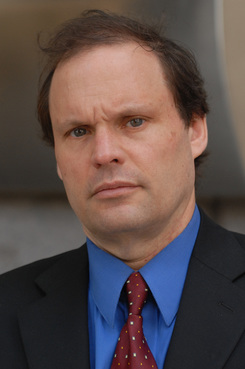
August 25, 2015 | New York Law Journal
Germany's Failures in Bringing Nazi Murderers to JusticeLee A. Spielmann writes: In the last few years, German prosecutors have begun a concerted effort to bring criminal prosecutions against remaining death camp guards. This recent commitment, however, highlights that for many years Germany was exceedingly lax in its efforts to prosecute and punish Nazi criminals.
By Lee A. Spielmann
14 minute read
Trending Stories
- 1Gunderson Dettmer Opens Atlanta Office With 3 Partners From Morris Manning
- 2Decision of the Day: Court Holds Accident with Post Driver Was 'Bizarre Occurrence,' Dismisses Action Brought Under Labor Law §240
- 3Judge Recommends Disbarment for Attorney Who Plotted to Hack Judge's Email, Phone
- 4Two Wilkinson Stekloff Associates Among Victims of DC Plane Crash
- 5Two More Victims Alleged in New Sean Combs Sex Trafficking Indictment



